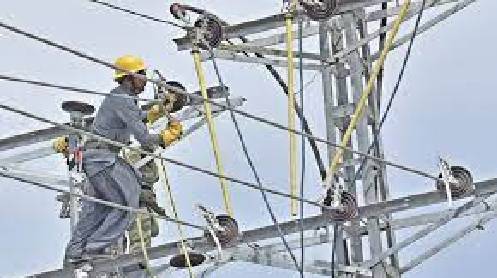ISLAMABAD: The Finance Ministry has agreed to extend a subsidy of Rs 1.094 trillion for the power sector for the fiscal year 2024-25, falling short of the Power Division’s request for Rs 1.250 trillion, according to informed sources. Out of this, Rs 174 billion is allocated specifically for K-Electric.
The final details of the remaining allocations will be determined once the National Electric Power Regulatory Authority (NEPRA) approves the proposed increase in electricity tariffs through re-basing. The government had previously earmarked Rs 970 billion in subsidies for the power sector for the year 2023-24.
Stakeholders are currently discussing the proposed impact of the tariff re-basing, which is expected to increase the tariff by up to Rs 5 per unit from the next fiscal year. This adjustment will affect future Financial and Quarterly Tariff Adjustments (FTAs and QTAs).
The Power Division and NEPRA are working closely to finalize the re-basing figures. The Power Division aims to avoid allocating a subsidy amount that could further exacerbate the circular debt, which currently stands at approximately Rs 2.6 trillion. This debt is expected to decrease slightly following a recent federal government-approved subsidy of about Rs 125 billion to be paid to Chinese Independent Power Producers (IPPs) ahead of the Prime Minister’s visit to China on June 5, 2024.
Despite commitments to the International Monetary Fund (IMF) and World Bank, the Power Division acknowledges it will not be able to reduce the circular debt stock to the targeted Rs 2.350 trillion. A significant factor contributing to this challenge is the substantial increase in solar power adoption by domestic and industrial consumers, which has led to a marked reduction in sales for Distribution Companies (Discos). Solar capacity reached 2036 MW by April 30, 2024, up from 963 MW in June 2023, indicating an addition of 1,073 MW within ten months.
The rapid increase in solar installations, equating to the capacity of a new IPP every month, has disrupted the power sector’s revenue assumptions. Consequently, Discos have been instructed to adjust their load shedding plans to provide relief during the intense summer heat, despite the country having sufficient generation capacity.
The government’s generation plan faces a dilemma: while generation from hydel sources has increased due to early snowmelt, must-run plants also need to operate, complicating the overall generation strategy.
Story by Mushtaq Ghumman







